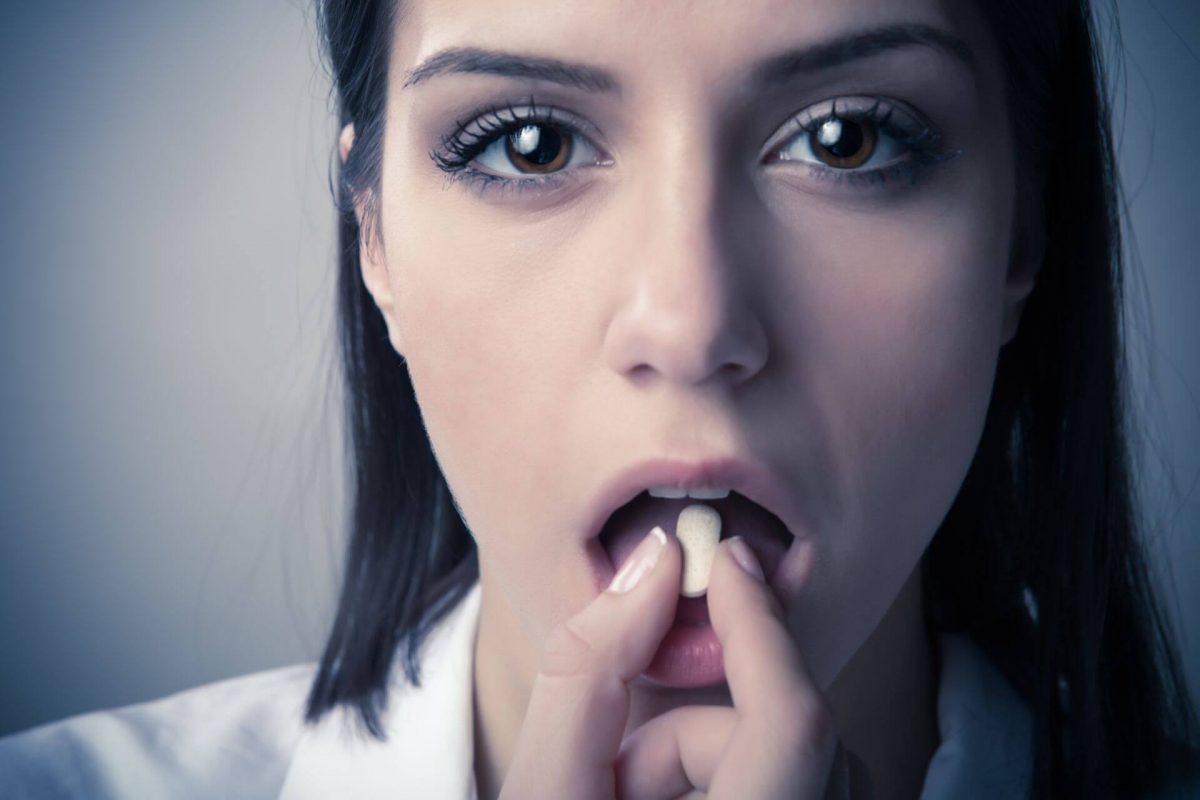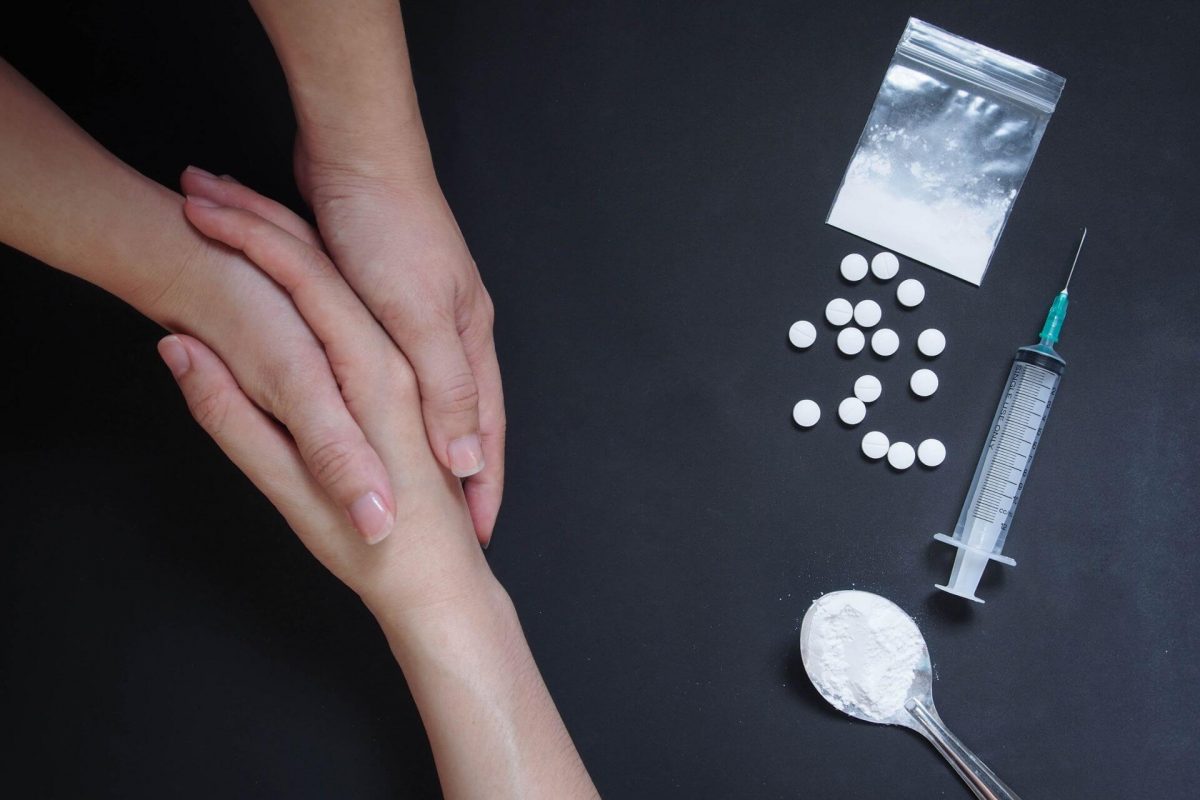Adolescence is a critical time for brain development, and drug misuse and abuse can have a devastating impact on teenagers’ lives if it is allowed to continue in this vulnerable growth phase. If you are worried about your teenager’s use of drugs, it is essential to intervene sooner rather than later before permanent brain changes occur and they develop substance use disorder.
An adolescent is a young person emerging from a child into an adult (from 13 years to early 20s). Their brain is malleable, meaning it’s soft, supple and flexible. It is still developing, going through various changes, and constantly being pruned and rewired. It’s a time when teenagers are notoriously impulsive, emotionally volatile, misbehave and make dubious decisions.
Teenagers’ brains are a work in progress until at least the age of 25 years. They are vulnerable beings until their brains mature and they are in complete control of their impulses. They are ripe for the risk of substance dependence and addiction.
Did you know?
Studies show nine out of 10 people with substance use disorder started misusing or abusing harmful substances in their adolescent years. Drinking alcohol and taking drugs under the age of fifteen makes someone 6.5 times more likely to develop an addiction in adulthood.
What drugs do to a young brain
The brain has four parts: the frontal, temporal, parietal and occipital lobes. The frontal lobe is found in the frontmost part of the brain and is responsible for reasoning, emotion, language development and motor control.
It contains the following:
- motor cortex, responsible for planning and coordination movement
- prefrontal cortex, responsible for higher-level cognitive functioning
- Broca’s area, responsible for language processing
In early childhood, the frontal lobe develops at a tremendous rate. In adolescence, growth slows down, neural cells are pruned back, and the prefrontal cortex is less active. A teenager’s ability to make responsible, thoughtful decisions wanes, and an orderly, well-behaved, and compliant child suddenly becomes a risk-taking, selfish, difficult stranger in your house.
The brain conditions itself during the adolescent phase to prepare for adulthood. Brain cells that are used the least are pruned like you deadhead roses. Cells and synapse connections that are the most active are strengthened, like fertilising roses to boost growth.
Why do teenagers behave the way they do?
The frontal lobe is the last area of the brain to mature. This part is the thinking centre, responsible for judgement, problem-solving, decision-making and self-control. This gives you an idea of why teenagers and young adults in their early 20s do silly, impulsive and risky things, get into trouble with the law, are super-excited one minute and are lazy and disinterested the next. Their emotions are up and down like a rollercoaster.
Teenagers seek “thrills and spills” due to a lack of impulse control, hyper-rational thinking and low dopamine levels. They get bored quickly and do not always appreciate the consequences of poor decisions and bad behaviour.
This time in their lives is when they’re at risk of experimenting with drugs or underage drinking. Parents often excuse their behaviour as “just a phase” without understanding how substances affect young brains and underestimate how permanent brain changes can lead to their child struggling with long-lasting addiction in adulthood.
How drugs alter the chemistry of young brains
Drugs interfere with the development of brain cells and the function of neurotransmitters such as dopamine. This brain chemical is responsible for how we experience pleasure and controls our reward pathways.
Dopamine is released when we eat food, and eating becomes associated with a reward so we continue to eat for survival. Likewise, it is released when we have sex; we feel good, satisfied and continue to have sex necessary for procreation.
Excessive dopamine is released when we use drugs, and our central nervous system is overloaded with pleasure signals. Our brain is designed to repeat pleasurable, rewarding activities, so we continue to seek out drugs or alcohol.
Now take a teenager’s brain. The thinking centre in their brain – the prefrontal cortex – responsible for judgement, decision-making and self-control is operating at ‘slow speed’, and dopamine levels are at the baseline. The consequences of drug abuse are worse for them than for adults.
A teenager’s brain is malleable, learning and absorbing information all the time while maturing. When it receives a rush of dopamine in anticipation of drug use, it takes note and flags the activity as necessary for pleasure and reward.
Every time a teenager takes drugs, their brain remembers the activity and pushes it to the top of the list of essential things to do. At the same time, the teen’s brain is pruning back other areas that are used the least, like pleasurable feelings they get playing music, running, reading and socialising.
Over time, using drugs is all a teenager wants to do because their brain keeps sending messages to the rest of their body to seek out pleasure and reward. If they cut back or stop using drugs, they fight off constant brain messaging, which is experienced as withdrawal symptoms and cravings.
The youngster enters a vicious cycle of substance tolerance, dependence, withdrawal, cravings and relapse. Repeated drug use leads to a lifelong struggle with substance use disorder, a chronic mental illness and complex brain disease.
How drug tolerance becomes an addiction

The only way a young brain can cope with repeated substance abuse and dopamine overloading is to cut back or cut off the number of dopamine receptors. It sends fewer ‘feel good’ messages to the rest of the body to slow down the compulsion to seek pleasure and reward.
Drug tolerance develops, meaning the young teen starts more of the drug more often to feel the same pleasure and euphoria they experienced when they first started experimenting with it.
The next phase is drug dependence, meaning they experience withdrawal symptoms if they reduce or stop taking drugs. The most significant risk at this point is an overdose, underestimating the potency of what they’re using or consuming too much of the harmful substance.
The final phase is addiction. Long-term substance abuse causes permanent changes to brain chemistry and function, severely impairing their memory, attention, judgement, learning and motor coordination. The condition is chronic and leads to a compulsive desire to seek drugs, despite harmful consequences.
Teenagers who develop substance use disorder are likely to participate in risky behaviour, do poorly at school, fall in with the wrong crowd, get arrested or be badly injured in an accident. Their physical and mental wellbeing will deteriorate, and they are at risk of developing a co-occurring mental health disorder like depression, anxiety or social phobia.
How can you help your teenage child?

If you suspect or have evidence your child is smoking weed, taking prescription pills or using illicit street drugs, you need a plan of action that will have a positive outcome. It may just be a phase or a precursor to a chronic, long-term problem.
Stay calm
Don’t over-react; remain calm. Take a bit of time to gather information, speak to your partner or a professional therapist, and keep a handle on your emotions.
Tackle it as a united front
Whoever shares parenting responsibilities with you needs to support your approach to managing the matter. Decide how you will deal with the situation and what rules and boundaries you will put in place. Teenagers are notoriously cunning and manipulative and will deny it, blame you or guilt you into leaving them alone. You and your partner need to be on the same page and function as a united front.
Have the conversation
Sit your child down and speak to your child in a calm, rational manner. Leaving your child alone and hoping the problem will go away will only make things worse. Don’t go in guns blazing and make accusations; teenagers don’t respond well to that approach.
Seek professional help
You don’t have to deal with this on your own; get advice from a professional therapist or addiction counsellor on how to handle the situation. You can assume up front that your child will deny using harmful substances and resist getting treatment if they need it.
Educate yourself on addiction
It’s a slippery slope from “just a phase” to an addiction. It helps to understand the science of substance use disorder and how it affects a young person’s brain and function. Addiction is a chronic, relapsing mental illness and complex brain disease for which there is no cure. The more you know about the subject, the less likely you will fob off their behaviour as a ‘teenage phase’.
Don’t be guilted into enabling them
Now is not the time to be your child’s best buddy. You have to act in the child’s best interests, even if it hurts and makes you feel overwhelmed and uncomfortable. Do not lie for them or cover up their behaviour, don’t blame yourself or circumstances for what they are doing, and don’t be guilted into enabling them.
Let your child know what the rules are and the consequences for ignoring them
This new situation requires a new set of rules, not only for your child but for the family as a whole. You and your partner may need to reflect on your relationship with drugs or alcohol and make changes if necessary. Spell out the consequences for breaking your rules and always follow through with them. Idle threats will earn you no respect.
Have your child assessed by a doctor
Teenagers struggling with depression and anxiety or a mental disorder like bipolar, OCD or social phobia are more likely to self-medicate with drugs or alcohol. It’s recommended that you have your child assessed by a doctor or psychologist to determine if they have a co-occurring mental health disorder condition or other underlying physical illness.
Consider sending your child to rehab
If your child’s drug use has spiralled out of control, they need professional addiction treatment at an inpatient or outpatient rehab facility. Early intervention offers your child the best outcome for long-lasting recovery. There is a point along this journey that you need to hand them over to a multi-disciplinary team to help them overcome their addiction.

We’re here to help.
Contact us today if you’d like a confidential and free chat with one of our qualified mental health and addiction care professionals at White River Manor in South Africa.







